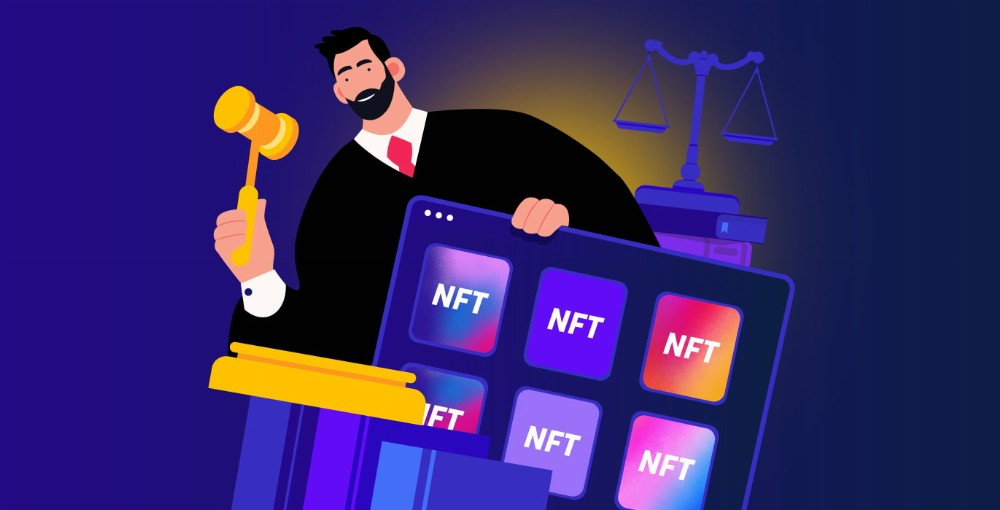
The study comes despite warnings about the risks associated with NFTs due to bad actors around correcting misinformation or misappropriation of trademarks.
The current intellectual property laws are adequate to deal with concerns about copyright and trademark infringement associated with non-fungible tokens (NFTs), a 112-page long study by the United States Patent and Trademark Office (USPTO) and the U.S. Copyright Office has concluded.
The study was requested by Former Democratic Senator from Vermont, Patrick Joseph Leahy and Democratic Senator from North Carolina, Thom Tillis, in June 2022.
The USPTO and the Copyright Office conducted three public roundtables and solicited comments from interested stakeholders. The offices found that most stakeholders that the current laws were adequate, even though “trademark misappropriation and infringement are common on NFT platforms.”
“The Offices agree with these assessments and do not believe that changes to intellectual property laws, or to the Offices’ registration and recordation practices, are necessary or advisable at this time,” the study concluded.
The stakeholders also expressed concerns that NFT-specific legislation would be premature at this time and could impede the evolving development of the tech around NFTs.
This despite a technology industry association warning “that bad actors misappropriate trademarks to solicit, and then exploit, consumers’ personal information and urged the Offices to consider this risk in the context of NFTs.”
U.S. regulation around NFTs has had a shade of ambiguity, if not a spectrum. In August 2023, Impact Theory, a California-based media company, settled charges brought by the U.S. Securities and Exchange Commission (SEC), the first NFT-related enforcement action by U.S. regulators.
Impact Theory sold three tiers of NFT offerings, and because the company promised investors would profit off the collectibles, the SEC deemed these NFTs to be securities. Impact Theory agreed to set up a fund to reimburse investors and pay a fine of $6.1 million. The case did not suggest regulators consider all NFTs to be securities.
The study said the lack of “controlling judicial precedent regarding whether a trademark registration for physical goods can be enforced against the use of that mark on similar digital goods tied to NFTs complicates enforcement efforts.”
Still, the likes of even Donald Trump have introduced and sold out their NFT collections.
Related
Source: Vietnam Insider
